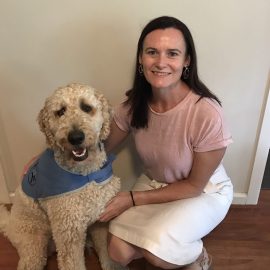
Eating Disorders include a range of psychological problems that involve persistent and severe concerns around food, weight and body image. Whilst there is a strong focus on these issues in today’s society and the media, people that have an Eating Disorder find it difficult to control their weight-related worries and thoughts, and this problem impacts greatly on their daily life. Eating Disorders can also impact upon a person’s self esteem, mood and engagement in social situations. Over time Eating Disorders can pose severe health risks. Individuals with Anorexia Nervosa, Bulimia Nervosa and other weight-related problems not quite meeting these diagnoses, tend to feel quite isolated in their problem. There is much secrecy and possibly a sense of shame regarding the difficulties they have been experiencing. Individuals may not want to share with family and friends how they have been feeling, and many of their behaviours are carried out when others won’t see.














